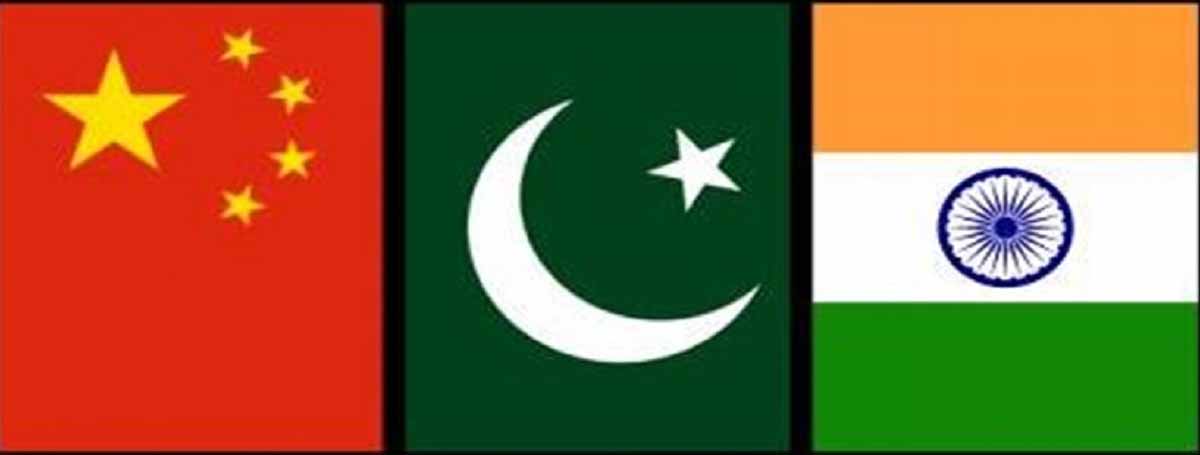
Online Desk: While the world eyes the China-Pakistan Economic Corridor (CPEC) as a game-changer for regional connectivity and prosperity, India views it through the prism of geopolitical threat. CPEC — the flagship project of China’s Belt and Road Initiative (BRI) — connects Gwadar Port in Pakistan’s Balochistan province to China’s Xinjiang region through a network of roads, railwaysand energy pipelines. But as Pakistan and China move ahead with deeper economic cooperation, India has unleashed a shadow war — one that blends sabotage, subversion and proxy militancy. At the heart of this covert campaign is India’s premier intelligence agency, the RAW.
Over the past decade, RAW has systematically supported separatist groups such as the Baloch Liberation Army (BLA) and Balochistan Liberation Front (BLF), seeking to destabilize Balochistan, disrupt Chinese investment and derail the growing Sino-Pak strategic partnership. This is not a theory born of paranoia. It is a reality backed by a mounting body of hard evidence — confessional statements, financial trails, intelligence dossiers and intercepted communications — all pointing toward an undeclared war being waged from the shadows.
India’s strategic shift was first articulated in 2014 by its National Security Advisor, Ajit Doval, who issued a chilling warning: “You do one more Mumbai, and you lose Balochistan.” This statement marked the emergence of the Doval Doctrine — an overt declaration of intent to wage asymmetric warfare against Pakistan. Under this doctrine, subversive tools such as terrorism, psychological operations and separatist proxies became part of India’s foreign policy toolkit. Following this, RAW was tasked with operationalizing the doctrine by launching covert operations through its consulates in Afghanistan and funding Baloch sub-nationalist movements to attack Pakistan’s strategic infrastructure — particularly CPEC.
In March 2016, Pakistan arrested a serving Indian Navy officer, Kulbhushan Jadhav, operating under the alias Hussein Mubarak Patel. His mission involved espionage, sabotage and recruitment of operatives to attack infrastructure projects across Balochistan and Karachi. According to his confessional video and Pakistan’s submission to the International Court of Justice, Jadhav was reporting directly to senior RAW officials, Anil Kumar Gupta & Alok Joshi and had operated out of the Iranian port city of Chabahar. His arrest provided Pakistan with irrefutable proof of India’s covert designs. It exposed a wider intelligence network spanning borders and demonstrated that RAW’s sabotage campaign was not an isolated or rogue operation — it was policy.
In Indo-Pak May 2025 standoff, the BLA made a public statement offering to support Indian military operations against Pakistan. This transformed the group from a separatist insurgency into a foreign-sponsored hostile outfit. The same month, a suicide bombing on a school bus in Khuzdar killed several children. Investigations confirmed RAW’s role in coordinating the attack and glorifying it through Indian digital outlets.
What began as a separatist insurgency has now morphed into an Indian proxy force, openly acting against Pakistan-China strategic objectives. This hostile posture by India poses a grave threat not just to Pakistan’s internal security but to the broader vision of regional connectivity through CPEC. As China deepens its footprint in South Asia, India’s covert operations risk transforming geopolitical competition into open conflict. The global silence on this subversion undermines international norms. If hybrid warfare against development becomes acceptable, the very foundations of sovereign cooperation stand at risk. The question is no longer whether India is involved in covert operations against CPEC. The real question is: how long wills the world pretend not to see?





